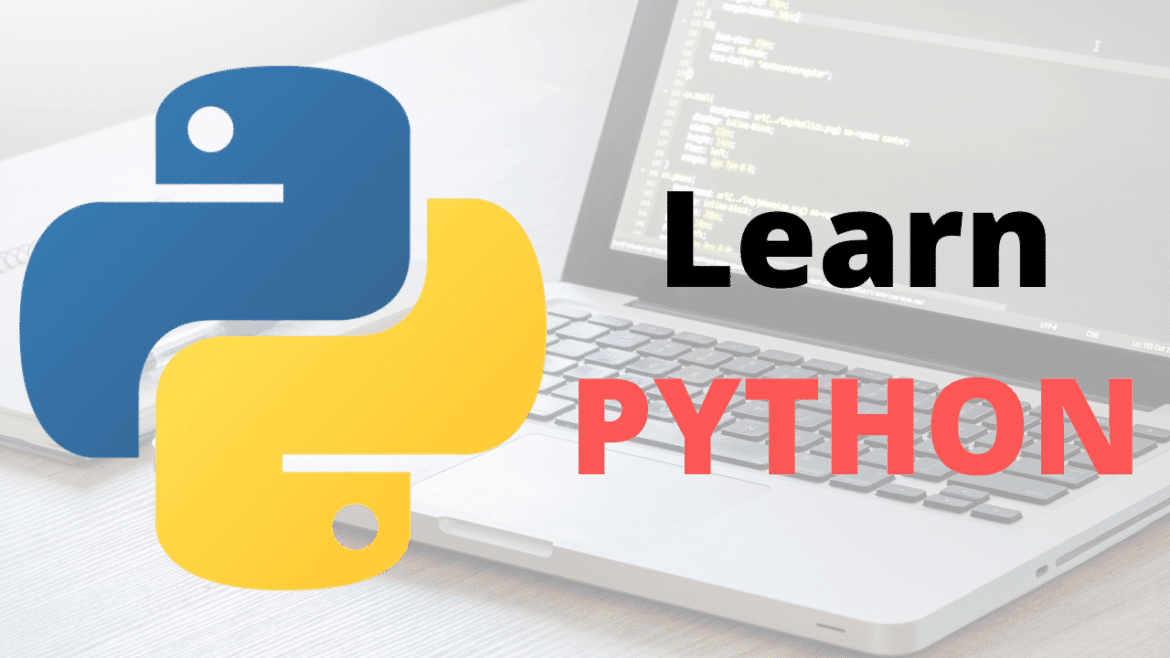If you want to learn the popular programming language Python, you can access a variety of resources and programming environments
How to learn Python
Python is one of the most popular programming languages in the world and is used by beginners and experienced programmers alike. Learning Python has become very easy for beginners and advanced programmers thanks to the many courses available on the Internet, at adult education centers, in books or at universities.
- Start learning Python with a VHS course, simple online tutorials or books that teach you the basics of programming and the basic syntax of Python.
- Use interactive platforms such as Codecademy, Coursera or Udemy to gain your first practical experience.
- Create small projects to apply what you have learned. This can be a simple game, a calculator or a to-do list.
- Use online resources such as GitHub to view and contribute to open source projects.
- Choose an area that interests you, such as web development, data analysis or artificial intelligence, and deepen your knowledge in this area.
- Visit online courses or specialized blogs and tutorials to learn advanced concepts.
- Keep up to date by learning the latest Python versions, new libraries and frameworks.
- Connect with the Python community to exchange ideas and find new inspiration.
What is Python?
Python is a versatile programming language and was developed by Guido van Rossum back in 1991. It is characterized by a simple syntax and high flexibility. Python is also mature due to its many years of development. These are probably the reasons why the language is used by developers worldwide.
- Python uses a clear and easy-to-understand syntax that allows even beginners to quickly get into programming. The language is suitable for both small scripts and large projects.
- Python offers an extensive standard library that makes it possible to solve complex tasks with little code. This library covers many areas, from web development to data analysis.
- Python can run on almost all operating systems, including Windows, macOS and Linux. This makes it possible to write Python code once and run it on different platforms.
- Python has a large and active community that is constantly developing new packages and tools. There are numerous forums, mailing lists and conferences that promote the exchange of knowledge and collaboration.
Advantages and disadvantages compared to other beginner languages
Python is often seen as the ideal beginner language, but how does it compare to other popular beginner languages?
- Python has a very clear and concise syntax that allows beginners to progress quickly.
- Python is used in many areas, from web development to data science and machine learning.
- There are many tutorials, books and online courses designed specifically for beginners.
- Compared to compiled languages such as C or C++, Python is slower, which can be a disadvantage for computationally intensive applications.
- Python is not the best choice for mobile app development, as other languages such as Java or Swift are better suited for this purpose.
- Python consumes more memory than some other programming languages, which can be problematic for applications with limited resources.

